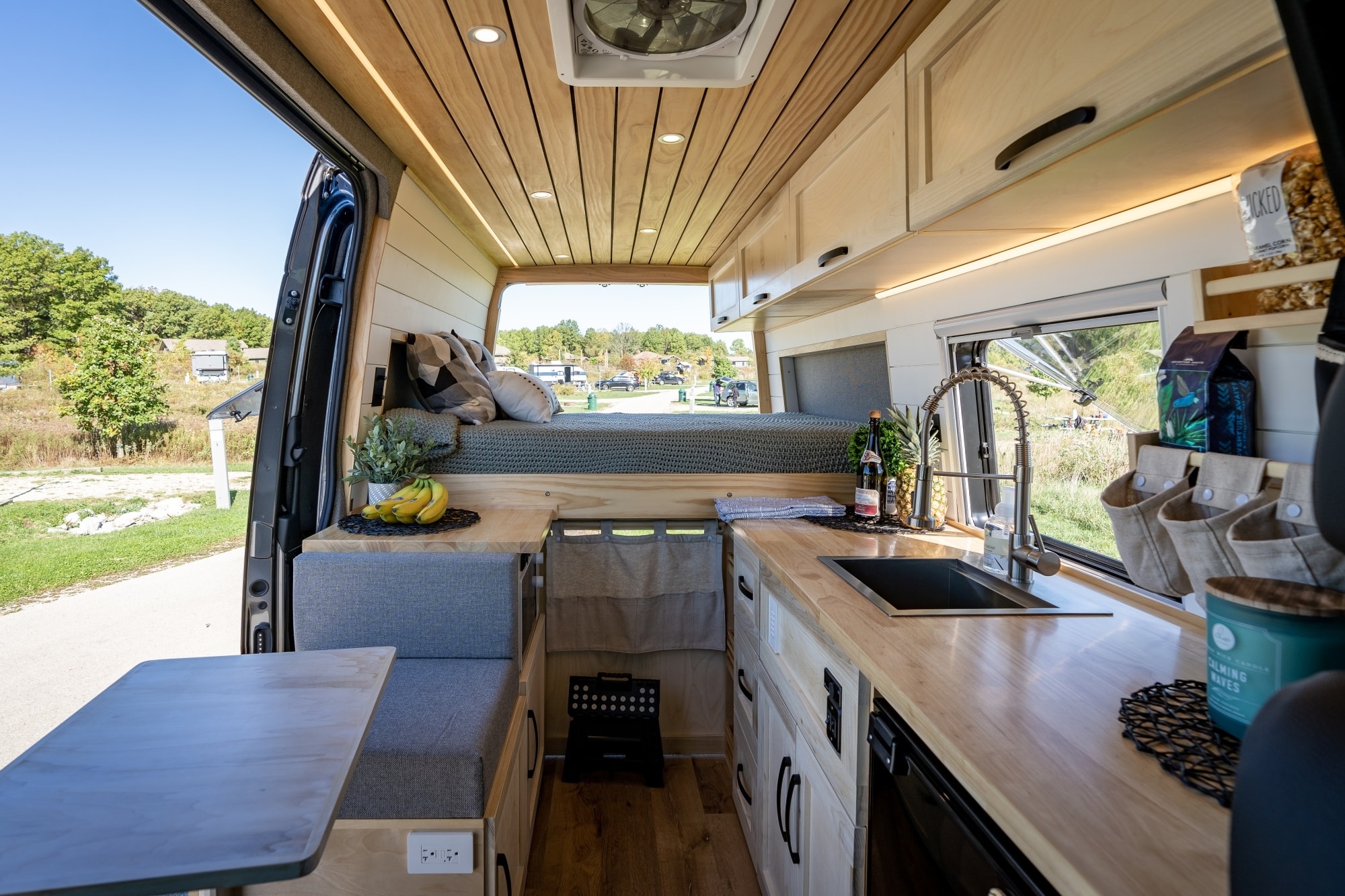When it comes to exploring the great outdoors, one of the best ways to do so is by using a camper. However, understanding the various camper costs involved is crucial for anyone considering this adventure. In this article, we will delve into the different aspects of camper costs, from initial purchases to ongoing expenses, to help you make informed decisions. Whether you're a seasoned traveler or a first-time camper, knowing the costs associated with owning or renting a camper can enhance your experience.
The allure of the open road and the freedom of camping can be enticing, but the financial implications of camper ownership can be daunting. With various types of campers available, from travel trailers to motorhomes, the costs can vary significantly. This comprehensive guide will break down the expenses you can expect, allowing you to budget effectively and avoid any unpleasant surprises.
In this article, we will cover everything from the initial purchase price of different types of campers to insurance, maintenance, and additional costs such as fuel and campsite fees. By the end, you will have a thorough understanding of camper costs, empowering you to embark on your next adventure with confidence.
Table of Contents
- 1. Types of Campers and Their Costs
- 2. Initial Purchase Costs
- 3. Ongoing Maintenance and Operating Costs
- 4. Insurance and Registration Fees
- 5. Fuel and Travel Costs
- 6. Campsite Fees and Reservations
- 7. Renting vs. Buying a Camper
- 8. Tips for Budgeting Your Camper Costs
1. Types of Campers and Their Costs
When exploring camper costs, it’s important to first understand the different types of campers available in the market. Each type comes with its own price range and features, which can affect your overall budget.
1.1 Travel Trailers
Travel trailers are towed by a vehicle and can range in price from $10,000 to over $50,000 depending on size, features, and brand.
1.2 Fifth-Wheel Trailers
Fifth-wheel trailers offer more space and comfort but usually come with a higher price tag, often between $20,000 to $100,000.
1.3 Motorhomes
Motorhomes are self-propelled and can be the most expensive option, typically ranging from $50,000 to $500,000.
1.4 Pop-Up Campers
For those on a budget, pop-up campers are an affordable choice, with prices starting as low as $5,000.
2. Initial Purchase Costs
The initial purchase cost of a camper is often the largest expense you will incur. Here are some factors to consider:
- Type of camper
- New vs. used options
- Additional features and upgrades
It's essential to research and compare prices to ensure you get the best deal.
3. Ongoing Maintenance and Operating Costs
After purchasing a camper, ongoing maintenance is a necessary expense to keep your investment in good shape. This includes:
- Regular inspections and servicing
- Repairs for wear and tear
- Replacement of tires and batteries
On average, expect to budget around $500 to $1,500 annually for these costs.
4. Insurance and Registration Fees
Insurance is a crucial aspect of camper ownership. Depending on the type of camper and your location, insurance costs can vary significantly, averaging between $300 to $1,000 per year. Additionally, registration fees should be factored into your budget, which can range from $50 to $200 annually.
5. Fuel and Travel Costs
Fuel costs can quickly add up, especially if you have a larger motorhome. It’s important to consider the fuel efficiency of your camper and plan your trips accordingly. On average, budgeting around $100 to $300 per trip for fuel is a good starting point.
6. Campsite Fees and Reservations
When planning your camping trips, campsite fees can vary widely based on location and amenities. Here are some average costs.
- Basic campsites: $20 to $50 per night
- Full-hookup sites: $30 to $100 per night
Make reservations in advance during peak seasons to avoid higher fees and ensure availability.
7. Renting vs. Buying a Camper
Deciding whether to rent or buy a camper depends on your camping frequency and budget. Renting a camper can cost between $100 to $300 per night, making it a viable option for occasional trips.
However, if you plan to camp regularly, purchasing a camper might be more economical in the long run. Analyze your personal travel habits to make the best choice for your situation.
8. Tips for Budgeting Your Camper Costs
To effectively manage your camper costs, consider the following tips:
- Create a comprehensive budget that includes all potential expenses.
- Research and compare insurance options.
- Join camping clubs for discounts on campsites and services.
- Consider seasonal camping to save on fees.
Conclusion
Understanding camper costs is essential for anyone looking to explore the great outdoors. By considering the types of campers, initial purchase costs, ongoing expenses, and rental options, you can make informed financial decisions that suit your lifestyle. We encourage you to leave a comment with your thoughts, share this article with fellow camping enthusiasts, or explore more of our content for additional insights.
Closing Remarks
We hope this comprehensive guide on camper costs has provided you with the necessary information for your next adventure. Remember, planning and budgeting are key to ensuring a successful and enjoyable camping experience. We look forward to seeing you back on our site for more valuable content!
Article Recommendations
- Malibu Hollywood Fire Latest Updates Impact
- The Sudden Loss A Beloved Young And Restless Star Passes At 41
- Wally Szczerbiak College Career Stats


